13 Surprising Signs Your Blood Pressure May Be High—And How to Fix It
High blood pressure doesn’t always announce itself with alarms—it creeps in quietly, often disguised as everyday annoyances: a foggy brain, a restless night, a nosebleed you brush off. You don’t have to be old, unfit, or visibly stressed for it to show up either. In fact, more people in their 20s and 30s are discovering they’ve had elevated blood pressure for years—they just didn’t know what to look for. This guide goes beyond the usual warnings to reveal 13 subtler, surprising ways your body might be waving a red flag. And we’re not just diagnosing—we’re fixing. Each sign comes with a practical, science-backed solution you can start using today. No scare tactics, no medical jargon—just real signs, real fixes. Because the truth is: knowing the signs early doesn’t just save your heart. It might save your life.
1. You Wake Up With a Headache

Morning headaches, especially dull pressure at the back of your head, can be a sign of elevated blood pressure during sleep. This happens when blood flow to the brain is altered by vascular tension. It’s easy to brush off, but consistent morning headaches deserve attention. Fix it: Improve your sleep hygiene and cut back on late-night salt and alcohol. Consider a 24-hour ambulatory BP monitor to detect nighttime spikes that regular checks miss.
2. You Feel Foggy or Struggle to Focus
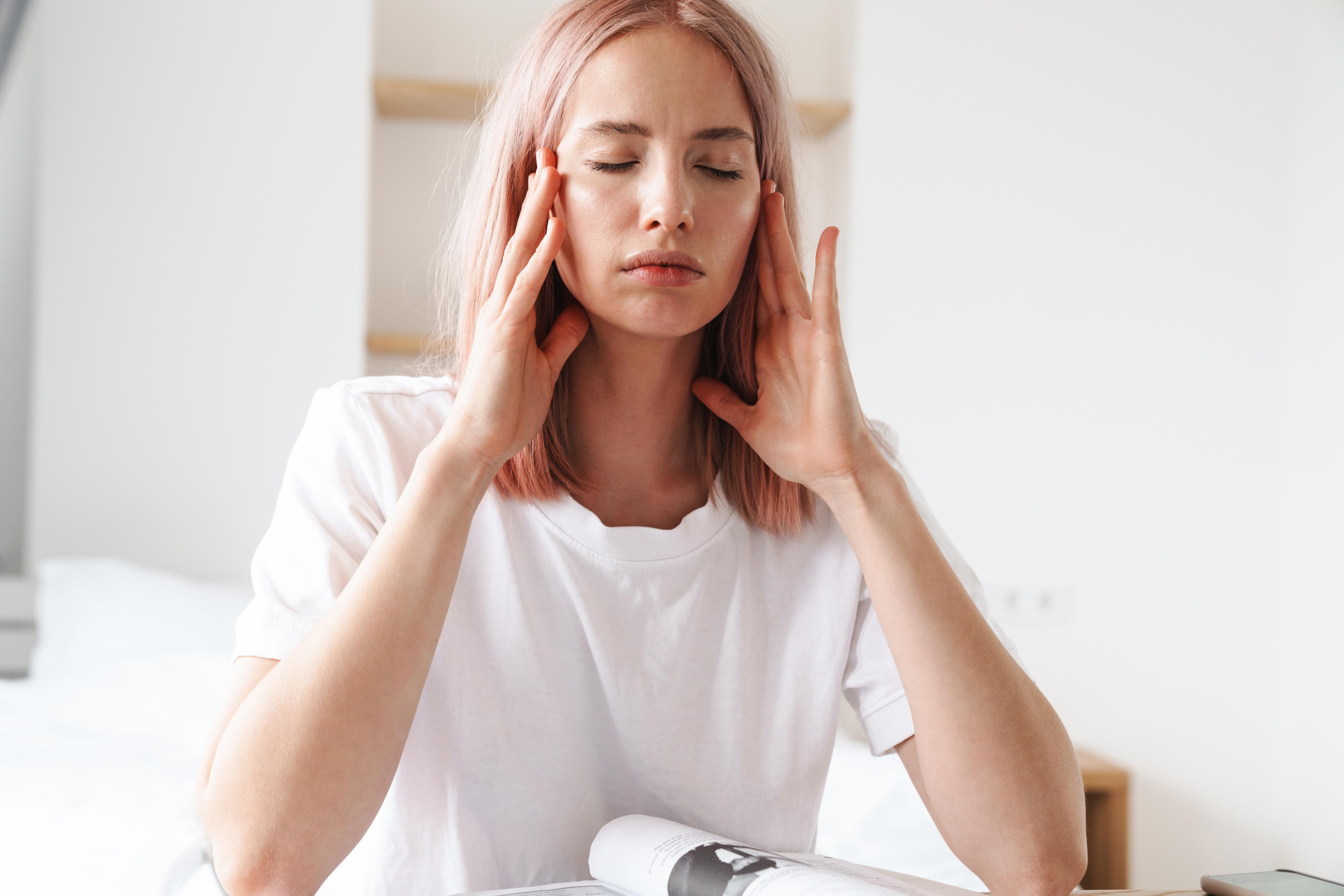
Brain fog isn’t just about burnout—it can also be caused by restricted blood flow to your brain due to hypertension. When your blood vessels are under pressure, oxygen delivery slows, making it harder to think clearly. Fix it: Prioritize movement breaks and stay hydrated. Deep-breathing exercises and mindfulness can help regulate both stress and circulation—sharpening mental clarity over time.
3. Your Vision Blurs Randomly

If your vision gets blurry, especially during stressful moments or after standing quickly, that’s not just screen fatigue—it might be a sign of elevated BP affecting the small vessels in your eyes. Fix it: Get an eye exam and ask about hypertensive retinopathy. Cutting back on caffeine and increasing magnesium-rich foods like spinach and almonds can also help stabilize vascular function.
4. You Get Frequent Nosebleeds
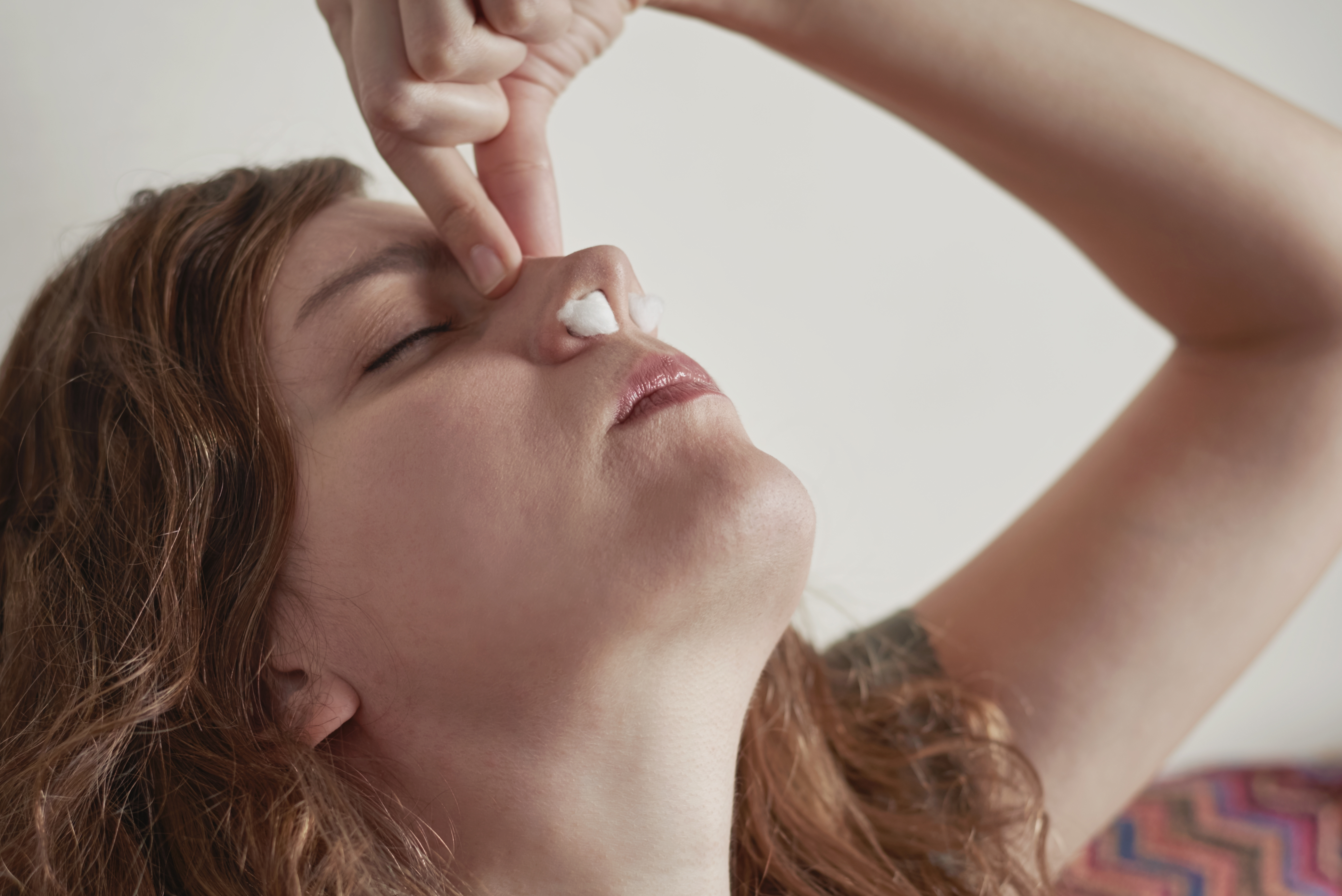
Though rare, persistent or sudden nosebleeds can point to blood vessels under stress from chronic high pressure. If you’ve ruled out dry air or trauma, your BP could be the hidden culprit. Fix it: Track your BP after these episodes. Eat more potassium-rich foods (bananas, sweet potatoes), which help relax vessel walls and naturally regulate sodium.
5. Your Heart Skips or Races Unexpectedly
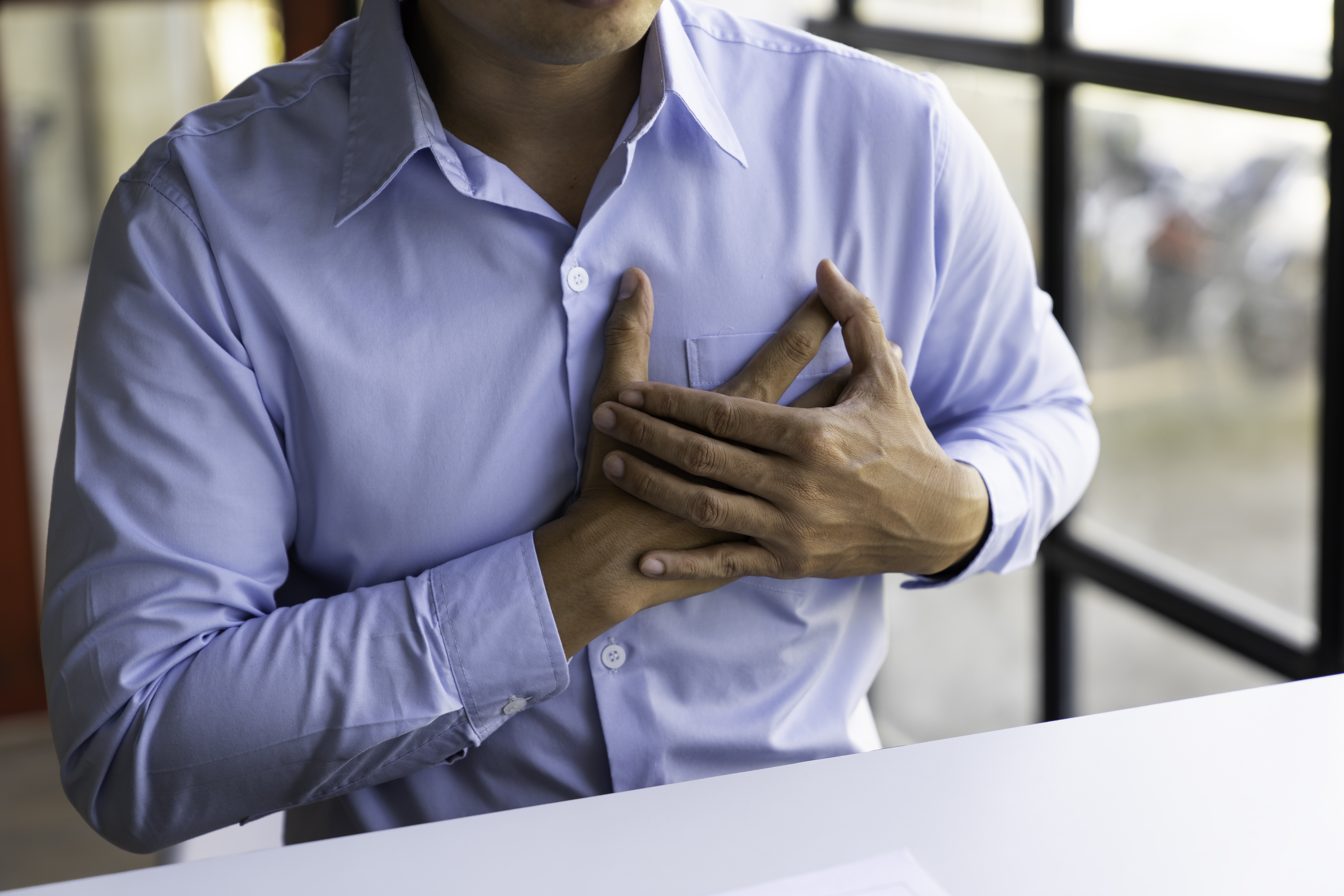
Palpitations, flutters, or a racing heart aren’t always anxiety—they can stem from the heart working harder to pump against elevated pressure. This strain can eventually lead to arrhythmias. Fix it: Get a wearable heart rate monitor and track patterns. Reduce alcohol, quit smoking, and consider gentle cardio like walking or swimming to strengthen your heart safely.
6. You’re Peeing More—Especially at Night

Frequent urination at night (nocturia) can indicate that your kidneys are struggling under the load of high blood pressure. It’s subtle, but often one of the earliest signs. Fix it: Limit fluids two hours before bed, and monitor salt intake closely. Have your kidney function checked—catching damage early is crucial for long-term control.
7. You Feel Chest Tightness, But Not Pain

It’s not dramatic enough to call 911, but if you often feel a band-like tightness across your chest—especially during stress—it could be your heart working overtime. Fix it: Start tracking your BP under different conditions (rest, activity, stress). Adding beetroot juice or hibiscus tea can support vascular dilation naturally, improving circulation.
8. You Get Dizzy When You Stand Up

Postural dizziness is often associated with low BP, but fluctuations in high BP can also cause it—especially if your autonomic nervous system is dysregulated. Fix it: Balance your electrolytes. Increase hydration, and consider adding a little sea salt to your diet if your doctor agrees. Also, check for any medications that may be affecting BP variability.
9. Your Face Looks Puffy or Red Often
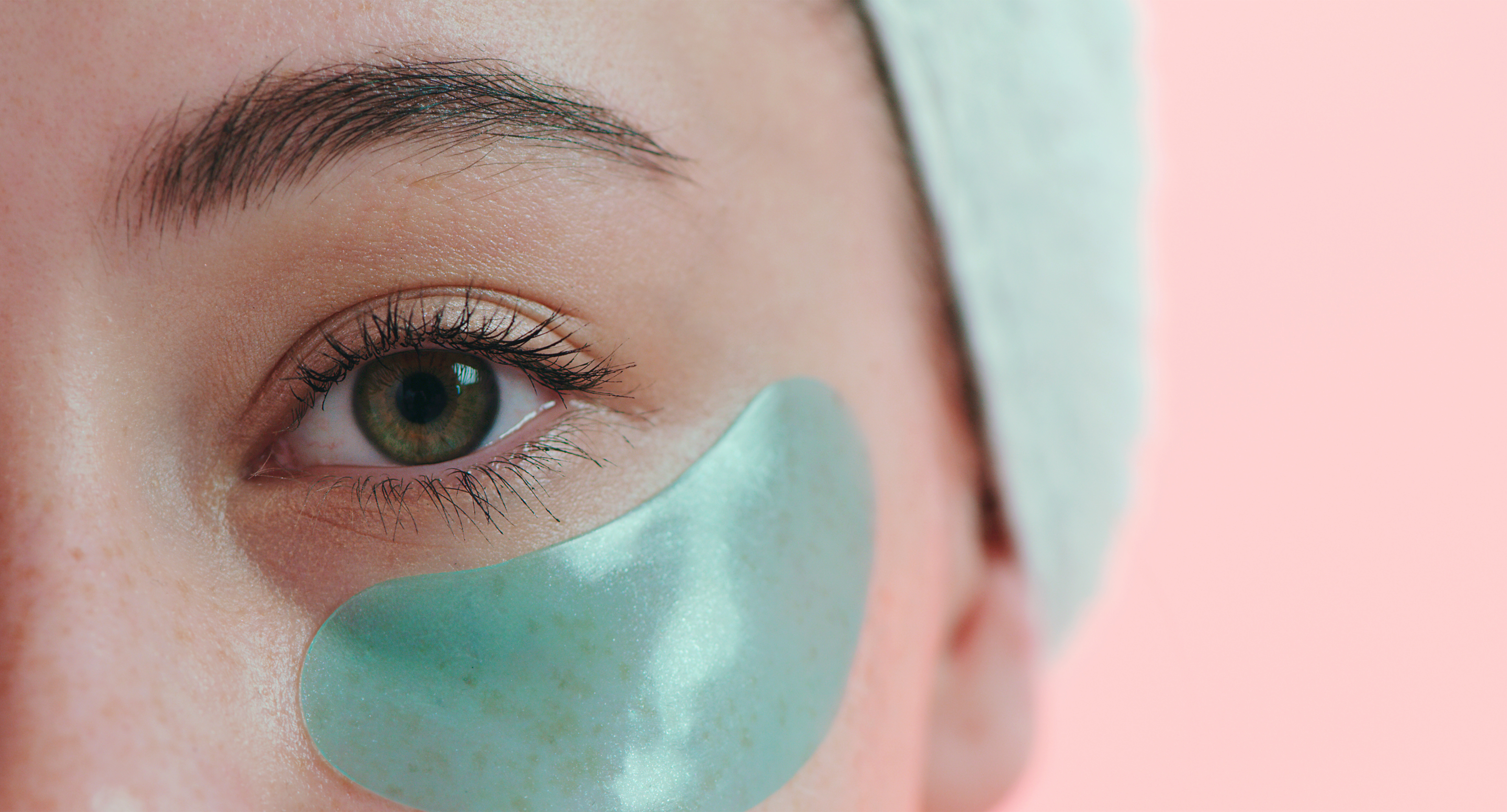
Facial flushing and puffiness can be triggered by high BP, particularly if it surges under stress. This vascular dilation shows up in your skin before it hits your organs. Fix it: Track when it happens—after meals? arguments? Check your BP during those times. Calming adaptogens like ashwagandha and dietary anti-inflammatories like turmeric may help reduce the response.
10. Your Legs Feel Heavy or Ache at Night
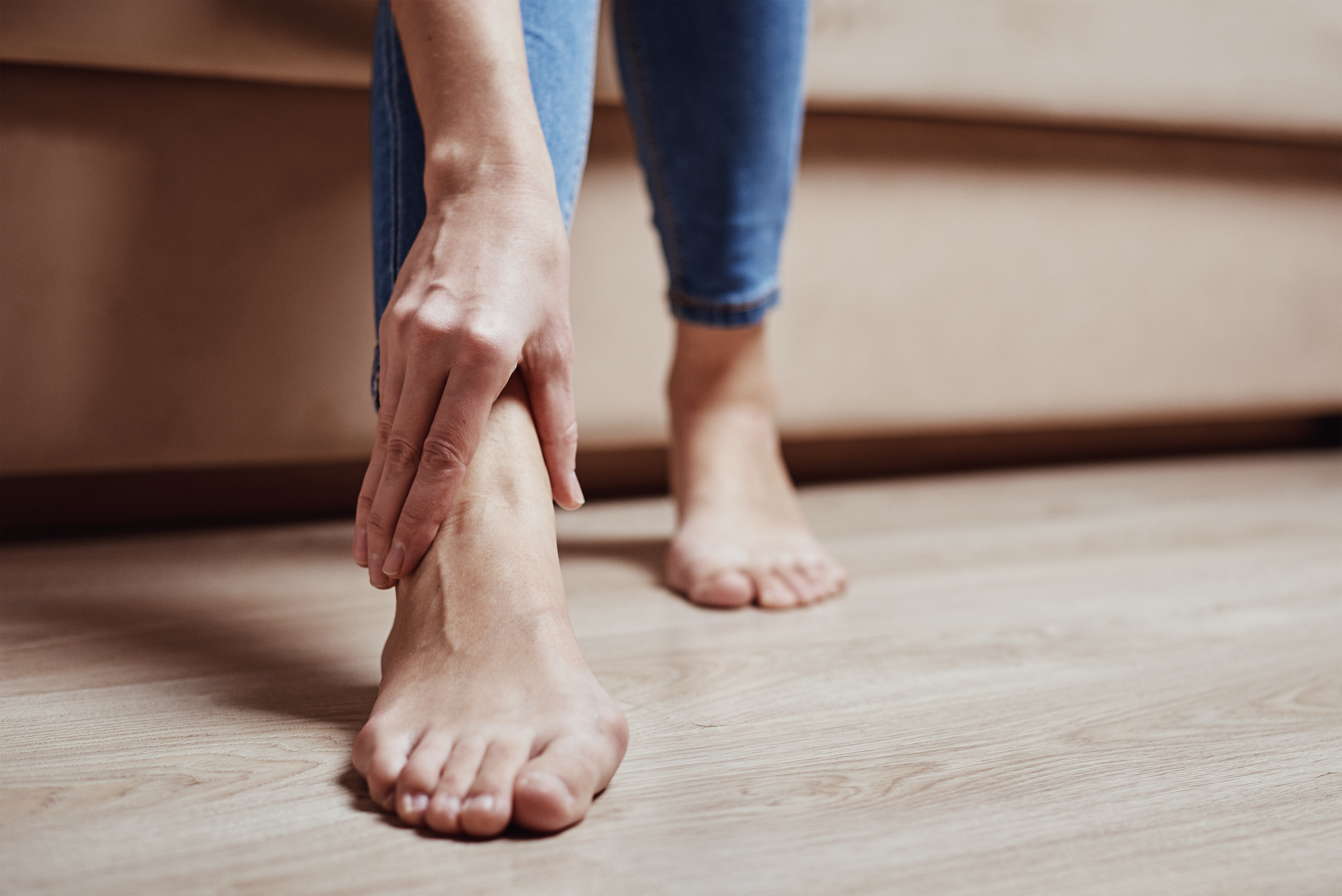
High BP can damage veins and reduce circulation to your lower body. If your legs throb, tingle, or feel unusually heavy—especially after standing—it could be a vascular issue. Fix it: Elevate your legs after work. Add circulation-boosters like dark chocolate (flavonoids) or pomegranate to your diet. Compression socks may also help if approved by your doctor.
11. Your Neck or Jaw Feels Tight During Stress
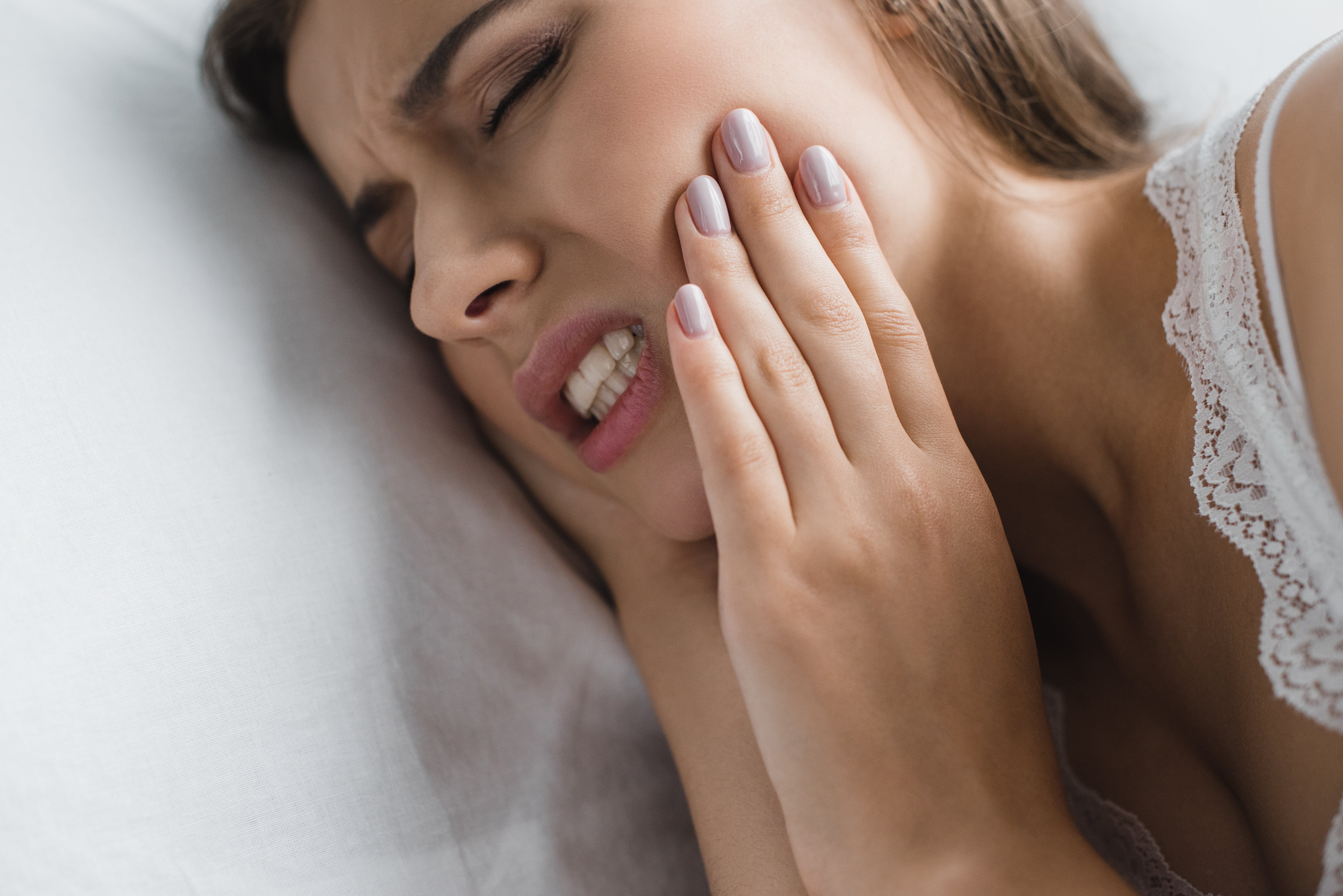
Hypertension can manifest as muscular tension in the neck and jaw area, especially under emotional strain. This is sometimes misread as dental or posture-related pain. Fix it: Do gentle neck stretches and practice progressive muscle relaxation daily. BP doesn’t just rise from conflict—it rises from how long you carry it afterward.
12. Your Skin Bruises Easily
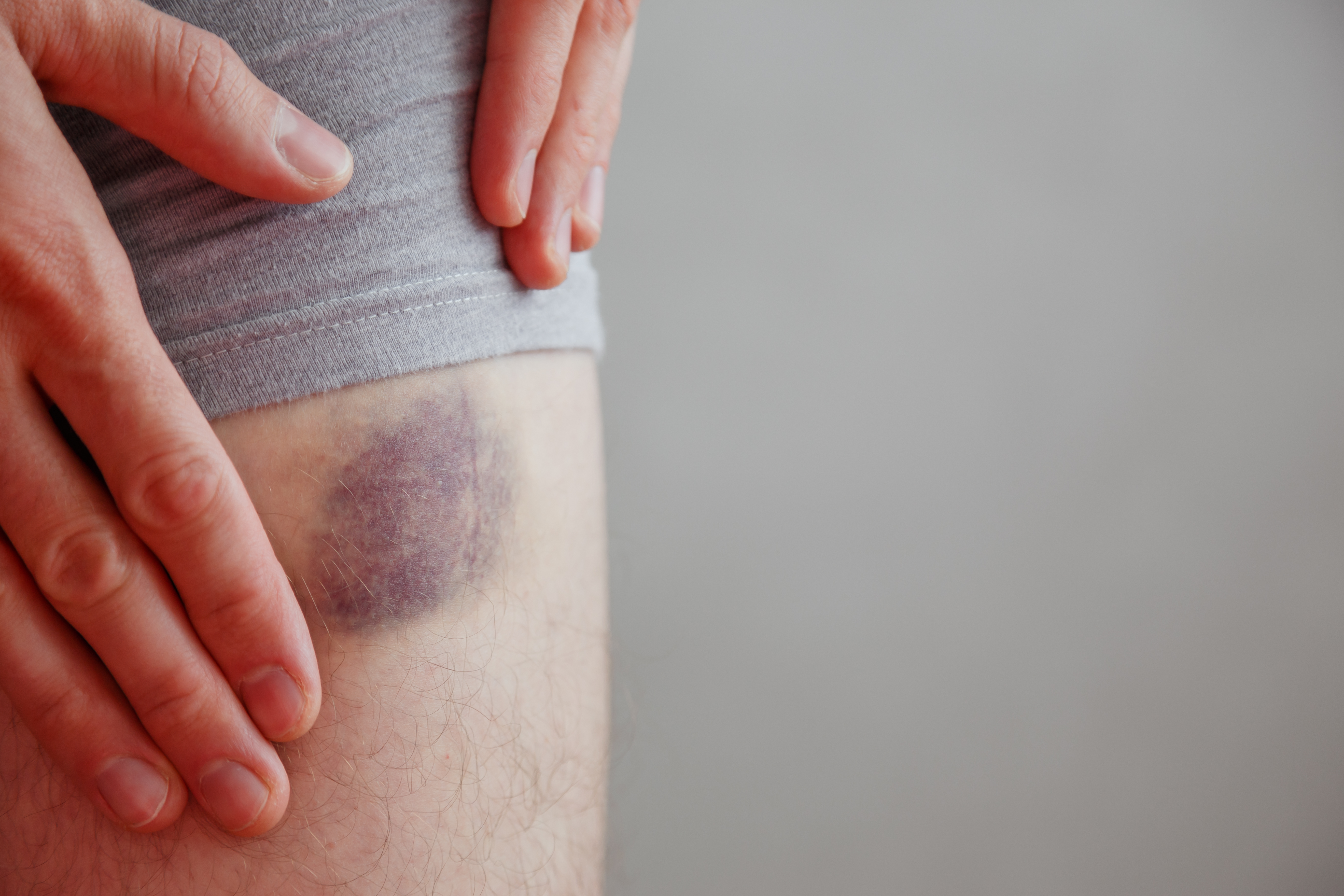
High BP may weaken capillaries over time, making them more prone to rupture even from minor bumps. This is often overlooked as a normal aging sign. Fix it: Boost your intake of vitamin C (citrus, bell peppers) and bioflavonoids. These nutrients help strengthen blood vessel walls and improve resilience under pressure.
13. You’ve Stopped Tolerating Heat Well

If you suddenly overheat easily or feel faint in warm weather, it could be that your BP is interfering with your body’s ability to regulate temperature. Fix it: Stay well-hydrated with electrolytes. Avoid heavy meals and caffeine in hot conditions. A cooling body spray with peppermint or eucalyptus can also help during sudden flushes.
Know the Signs, Change the Story

High blood pressure doesn’t need to be a lifelong sentence—it’s a story you can rewrite, starting with awareness. The body rarely stays silent. It whispers, nudges, and sometimes shouts when something’s off—you just have to know what to listen for. From foggy focus to flushed cheeks, these signs may seem small, but they hold power. Catching them early means reclaiming control before complications ever get a chance to take root. And the best part? The fixes aren’t extreme. They’re quiet shifts—more movement, better sleep, a little less salt, a little more breath. Every small choice adds up. So if something here rang true, don’t wait for a wake-up call. Take the hint. Run the numbers. Start paying attention—not out of fear, but because your body is worth the clarity. This isn’t about panic. It’s about prevention. And it starts with knowing yourself—pulse, pressure, and all.
